
NAS
A NAS, also known as the Network Attached Storage, is storage equipment connected to the internet and provides centralized data access services supporting cross-platform storage for Windows, Mac, and Linux, allowing users with different operating systems and network to access data remotely. Regardless of where the users are, they can easily manage and access files within a NAS device through browsers or mobile applications.
A NAS is a small PC with CPU, RAM, hard disk and network interface card, etc. The operating system and software of a NAS only facilitates data storage, retrieval, and the relevant management functions without unnecessary programs and software, optimizing file I/O performance, making it a dedicated file I/O device much more efficient than a file server. However, when other APPs are installed, NAS functions become significantly diversified as a web server, a file server, or a mail server, and so on.
Usually, NAS features multiple hard disks configured as RAID in providing its service, with heightened data security, most commonly seen in RAID 1, RAID 5, or RAID 6. With NAS featured, other servers in the network do not have to overlap as file servers, as NAS acts as a large file server connecting with other servers or workstations within the network. NAS is the optimal private cloud storage solution for enterprises, since it is not attached to the enterprise network and is standalone and nonstop operation. Users can still access NAS even when the enterprise servers crash, regular maintenance, or shutdown.
When a large amount of enterprise data is stored in a NAS, 24/7 seamless operation and real-time backup are the core responsibilities of the NAS. Enterprise NAS products with High Availability (HA) architecture ensure data security and maintain a regular operation even in the case of system breakdown. In a High Availability cluster configuration with two NAS devices of identical specifications to perform real-time backup, should one NAS device come offline in any contingency or malfunction, the second one comes online seamlessly to ensure proper enterprise operation. Or by adopting a Dual-Controller NAS with an established HA cluster, which has two Controller Nodes, both can provide access to all hard disks in NAS. When encountering unilateral malfunction or firmware update, the other controller would take over all services to decrease system downtime as much and as often as possible.
When more storage space is needed, NAS systems offer excellent flexibility and scalability through controllers to connect disk enclosures and ramp up capacity. It also adopts Scale-Out architecture to enlarge storage capacity while increasing system performance. Given the increase in macro data, NAS with Scale-Out architecture, known as Scale-Out NAS, has risen to meet the demand. The Scale-Out NAS comprises multiple NAS devices in uniformly utilizing the disk space and processor performance of all nodes, so as to obtain the performance and capacity of hundreds of TB or even PBs storage devices. In the case of the Scale-Out NAS needing to scale up capacity or raise performance, it can be facilitated by adding nodes in the cluster without having to go offline, which not only increases available capacity, but linearly increases access performance and I/O connectivity.
Apart from the Desktop NAS, Rackmount NAS, Dual-Controller NAS, Scale-Out NAS, the latest variants is All-Flash NAS, also known as All-Flash Scale-Out NAS, is designed to accommodate High Performance Computing (HPC) and Media & Entertainment (M&E) applications. As the name suggests, All-Flash NAS is an all SSD storage array focused on high performance I/O and low latency applications. The All-Flash NAS offers more flexibility and scalability of its storage space, such as supporting JBOD capacity expansion to hundreds of TB or multiple PBs of data storage. In addition, a NAS in hybrid configuration is a preferable solution when making a price sensitive purchase. The hybrid layout of All SSD Pool and All HDD Pool, that can allocate performance-critical workloads to All SSD Pool while keeping cold data or applications requiring large capacity in All HDD Pool for more flexible deployment to ensure optimal system efficiency and more intelligent data management.
Network Attached Storage
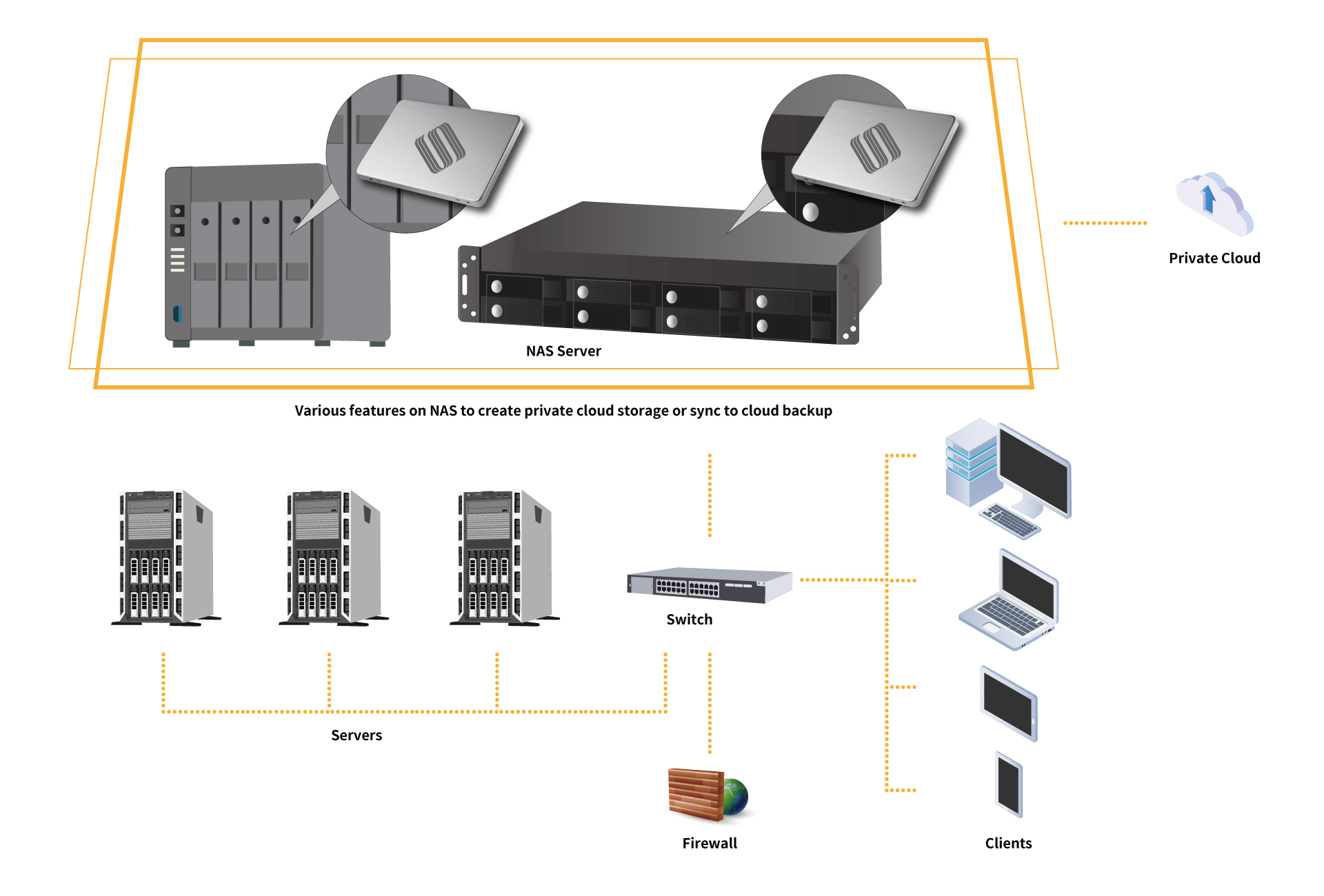
The overall NAS system access performance is determined by the processor performance, network bandwidth, as well as the performance of the storage devices. As the sheer volume of data-processing unrelentingly rises, and in view of the upper limits of the I/O performance of single or dual controller NAS, the solution of the NAS SSD Cache has become the strength in NAS in producing breakthrough performance bottleneck. The sequential read-write speed of SATA SSDs by Solid State Storage Technology Corporation is five times faster than that of the conventional HDDs, and that of PCIe® 4.0 NVMeTM SSDs is sixty-eight times faster. The SSD introduction process is consistently implemented with close collaboration with customers to offer the best user experiences with optimized performance and lowered latency providing the optimal NAS SSD Cache solutions.
For the Scale-Out NAS equipped with multi-processor, its outstanding I/O performance is unquestionable; however, in the cases of HPC applications, it can be compromised by the HDD read/write bottlenecks. By featuring the large capacity and high read/write speed SSDs produced by Solid State Storage Technology Corporation in the Scale-Out NAS built with the Hybrid Storage of SSDs and HDDs to compartmentalize hot and cold data while effectively leveraging SSD cache, it can effectively harness the performance of an all SSD storage array, and at the same time, benefit from the large capacity of the conventional hard disks. If there is no budget constraint, deploying an All-Flash NAS with SSDs produced by Solid State Storage Technology Corporation is the optimal solution, since it affords the best capability for high-performance computing. Before factory exit, the SSD products by Solid State Storage Technology Corporation have all passed reliability tests of higher standards than those of the industry and extreme-temperature endurance testing that complies with industry standards to provide more stable, enduring, high-performance, and power-saving SSD products.
Successful Case
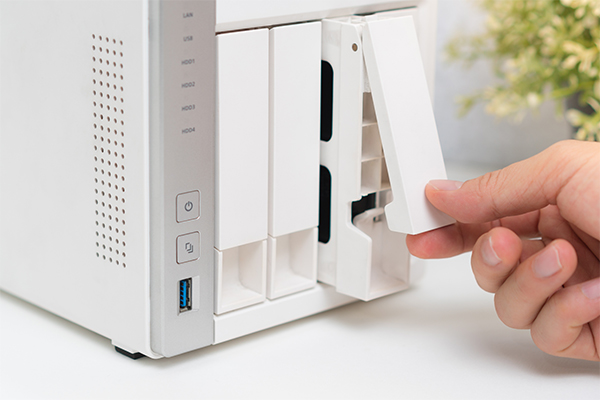
A renowned Taiwan-based multi-national storage and networking equipment manufacturer introduced SATA M.2 2280 SSD as cache for optimal NAS I/O performance in its desktop NAS products.
SSD Model: CV8 SATA M.2 2280 SSD
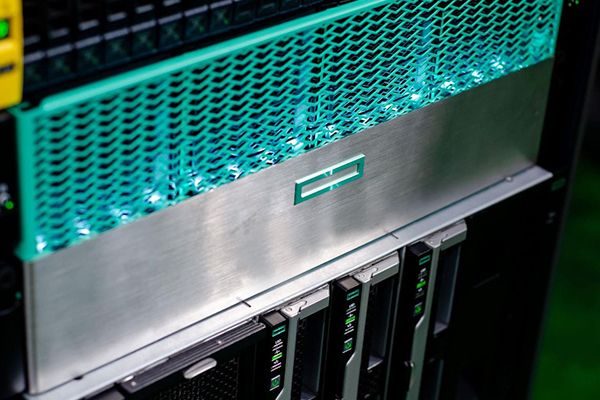
A renowned Taiwanese storage equipment supplier introduced the PCIe® NVMeTM M.2 2280 SSD produced by Solid State Storage Technology Corporation in its All-Flash NAS products implementing high speed performance for enterprise applications
SSD Model: CA3 / CA5 Series PCIe® M.2 2280 SSD
NVMe™ SSD
512GB / 1024GB / 2048GB / 4096GB
NAND Flash: 3D TLC NAND Flash
Interface: PCIe® Gen5 x4
Sequential Read: UP to 14,000 MB/s
Sequential Write: UP to 12,000 MB/s
SATA SSD
128GB / 256GB / 512GB / 1024GB / 2048GB
NAND Flash: 3D TLC NAND Flash
Interface: SATA 3 (6Gb/s)
Sequential Read: UP to 500 MB/s
Sequential Write: UP to 260 MB/s
SATA SSD
128GB / 256GB / 512GB / 1024GB / 2048GB
NAND Flash: 3D TLC NAND Flash
Interface: SATA 3 (6Gb/s)
Sequential Read: UP to 500 MB/s
Sequential Write: UP to 260 MB/s
SATA SSD
40GB / 80GB / 128GB / 160GB / 256GB / 320GB / 640GB
NAND Flash: 3D pSLC(TLC)
Interface: SATA 3 (6Gb/s)
Sequential Read: Up to 550 MB/s
Sequential Write: Up to 510 MB/s
SATA SSD
40GB / 80GB / 160GB / 320GB / 640GB
NAND Flash: 3D pSLC(TLC)
Interface: SATA 3 (6Gb/s)
Sequential Read: Up to 550 MB/s
Sequential Write: Up to 510 MB/s
SATA SSD
40GB / 80GB / 160GB / 256GB / 320GB / 640GB
NAND Flash: 3D pSLC(TLC)
Interface: SATA 3 (6Gb/s)
Sequential Read: UP to 550 MB/s
Sequential Write: UP to 510 MB/s
SATA SSD
120GB / 128GB / 256GB / 480GB / 512GB / 960GB / 1024GB / 2048GB
NAND Flash: 3D TLC NAND Flash
Interface: SATA 3 (6Gb/s)
Sequential Read: UP to 550 MB/s
Sequential Write: UP to 510 MB/s
NVMe™ SSD
80GB / 160GB / 320GB
NAND Flash: 3D pSLC(TLC)
Interface: PCIe® Gen4 x4
Sequential Read: UP to 3700 MB/s
Sequential Write: UP to 2600 MB/s
NVMe™ SSD
40GB / 80GB / 160GB / 320GB / 640GB /1280GB
NAND Flash: 3D TLC NAND Flash
Interface: PCIe® Gen3 x4
Sequential Read: 3,100 MB/s
Sequential Write: 1,500 MB/s
NVMe™ SSD
40GB / 80GB / 160GB / 320GB / 640GB /1280GB
NAND Flash: 3D TLC NAND Flash
Interface: PCIe® Gen3 x4
Sequential Read: 3,100 MB/s
Sequential Write: 1,500 MB/s
NVMe™ SSD
80GB / 160GB / 320GB
NAND Flash: 3D TLC NAND Flash
Interface: PCIe® Gen4 x4
Sequential Read: UP to 3,500 MB/s
Sequential Write: UP to 2,100 MB/s
NVMe™ SSD
128GB / 256GB / 512GB / 1024GB / 2048GB /4096GB
NAND Flash: 3D TLC NAND Flash
Interface: PCIe® Gen3 x4
Sequential Read: 3,100 MB/s
Sequential Write: 1,500 MB/s
NVMe™ SSD
128GB / 256GB / 512GB / 1024GB / 2048GB /4096GB
NAND Flash: 3D TLC NAND Flash
Interface: PCIe® Gen3 x4
Sequential Read: 3,100 MB/s
Sequential Write: 1,500 MB/s
NVMe™ SSD
256GB / 512GB / 1024GB / 2048GB
NAND Flash: 3D TLC NAND Flash
Interface: PCIe® Gen4 x4
Sequential Read: UP to 6,800 MB/s
Sequential Write: UP to 4,800 MB/s
NVMe™ SSD
240GB / 256GB /480GB/ 512GB / 960GB/ 1024GB
NAND Flash: 3D TLC NAND Flash
Interface: PCIe® Gen4 x4
Sequential Read: UP to 3,700 MB/s
Sequential Write: UP to 2,600 MB/s
NVMe™ SSD
256GB / 512GB / 1024GB
NAND Flash: 3D TLC NAND Flash
Interface: PCIe® Gen4 x4
Sequential Read: UP to 3,700 MB/s
Sequential Write: UP to 2,600 MB/s
NVMe™ SSD
128GB / 256GB / 512GB
NAND Flash: 3D TLC NAND Flash
Interface: PCIe® Gen3 x4
Sequential Read: UP to 2,000 MB/s
Sequential Write: UP to 1,100 MB/s
NVMe™ SSD
128GB / 256GB / 512GB/ 1024GB
NAND Flash: 3D TLC NAND Flash
Interface: PCIe® Gen3 x4
Sequential Read: UP to 2,000 MB/s
Sequential Write: UP to 1,100 MB/s
NVMe™ SSD
128GB / 256GB / 512GB
NAND Flash: 3D TLC NAND Flash
Interface: PCIe® Gen3 x4
Sequential Read: UP to 3,700 MB/s
Sequential Write: UP to 2,600 MB/s
NVMe™ SSD
256GB / 512GB / 1024GB / 2048GB
NAND Flash: 3D TLC NAND Flash
Interface: PCIe® Gen4 x4
Sequential Read: UP to 6,000 MB/s
Sequential Write: UP to 5,300 MB/s
NVMe™ SSD
256GB / 512GB / 1024GB / 2048GB
NAND Flash: 3D TLC NAND Flash
Interface: PCIe® Gen4 x4
Sequential Read: UP to 6,000 MB/s
Sequential Write: UP to 5,300 MB/s
SATA SSD
128GB / 256GB / 512GB / 1024GB
NAND Flash: 3D TLC NAND Flash
Interface: SATA 3 (6Gb/s)
Sequential Read: UP to 550 MB/s
Sequential Write: UP to 510 MB/s
SATA SSD
128GB / 256GB / 512GB
NAND Flash: 3D TLC NAND flash
Interface: SATA 3 (6Gb/s)
Sequential Read: UP to 550 MB/s
Sequential Write: UP to 450 MB/s
SATA SSD
128GB / 256GB / 512GB
NAND Flash: 3D TLC NAND Flash
Interface: SATA 3 (6Gb/s)
Sequential Read: UP to 550 MB/s
Sequential Write: UP to 450 MB/s
NVMe™ SSD
128GB / 256GB / 512GB
NAND Flash: 3D TLC NAND Flash
Interface: PCIe® Gen3 x4
Sequential Read: UP to 2,000 MB/s
Sequential Write: UP to 1,100 MB/s
NVMe™ SSD
256GB / 512GB / 1024GB / 2048GB
NAND Flash: 3D TLC NAND Flash
Interface: PCIe® Gen4 x4
Sequential Read: 6,000 MB/s
Sequential Write: 5,300 MB/s
SATA
128GB / 256GB / 512GB / 1024GB
NAND Flash: 3D TLC NAND Flash
Interface: SATA 3 (6Gb/s)
Sequential Read: UP to 550 MB/s
Sequential Write: UP to 510 MB/s
SATA SSD
128GB / 256GB / 512GB / 1024GB / 2048GB
NAND Flash: 3D TLC NAND Flash
Interface: SATA 3 (6Gb/s)
Sequential Read: UP to 550 MB/s
Sequential Write: UP to 510 MB/s
SATA SSD
128G / 256GB / 512GB / 1024GB / 2048GB
NAND Flash: 3D TLC NAND Flash
Interface: SATA 3 (6Gb/s)
Sequential Read: UP to 550 MB/s
Sequential Write: UP to 510 MB/s







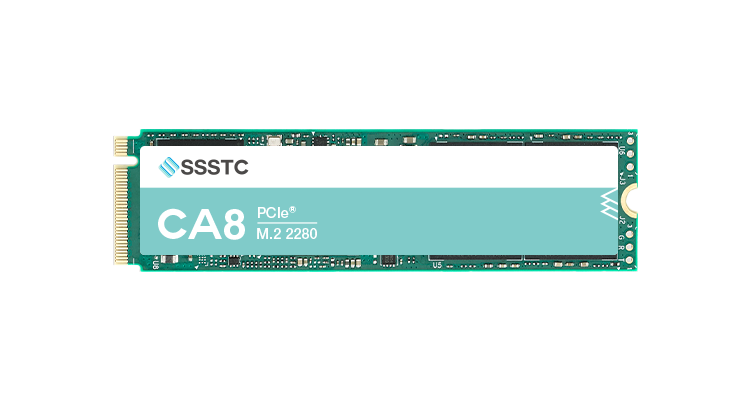
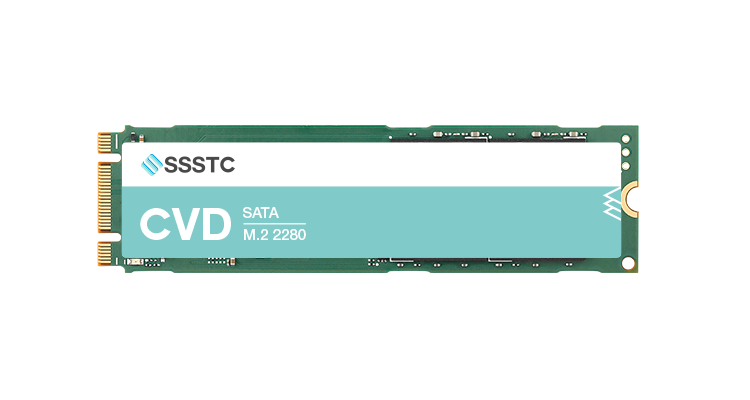
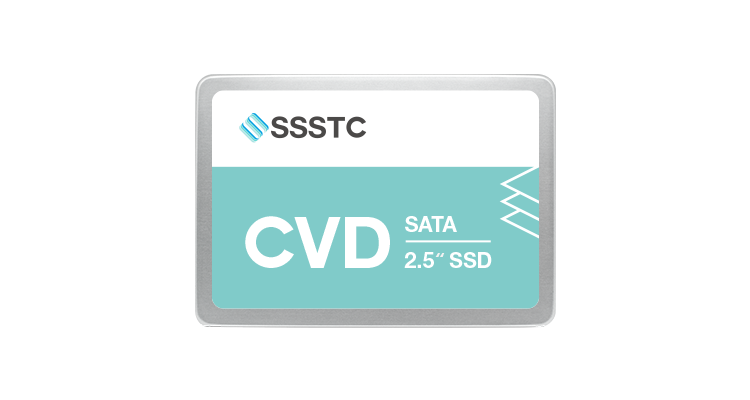
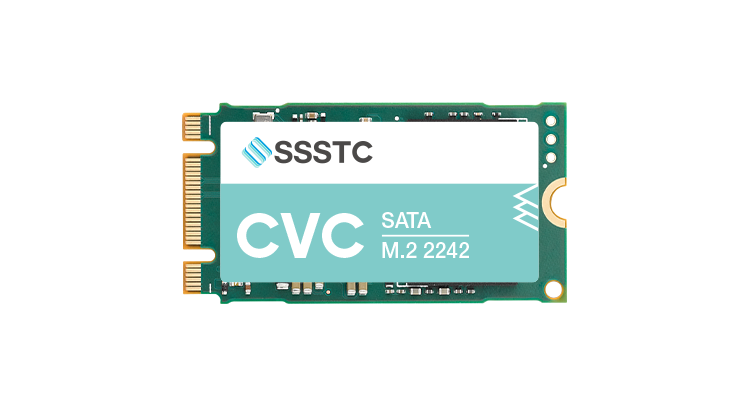
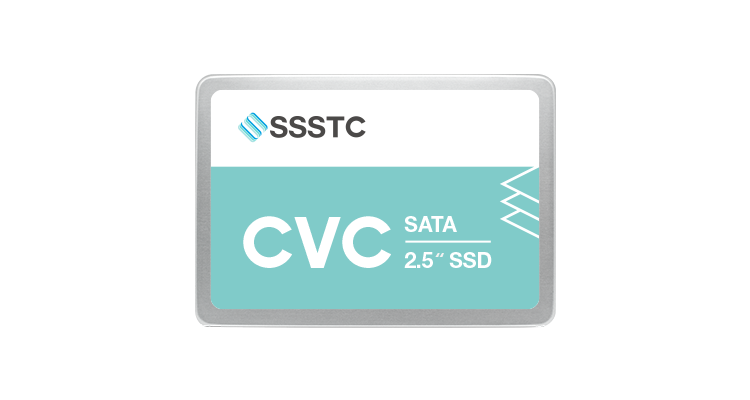
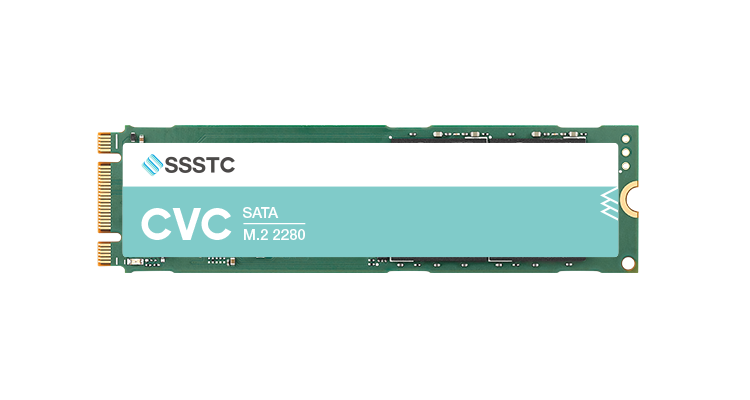
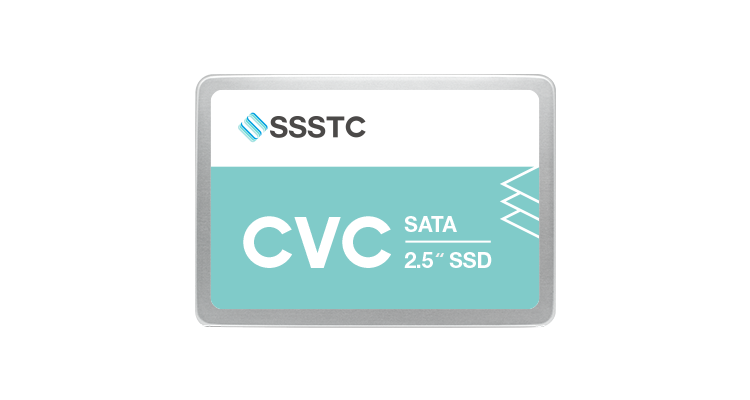
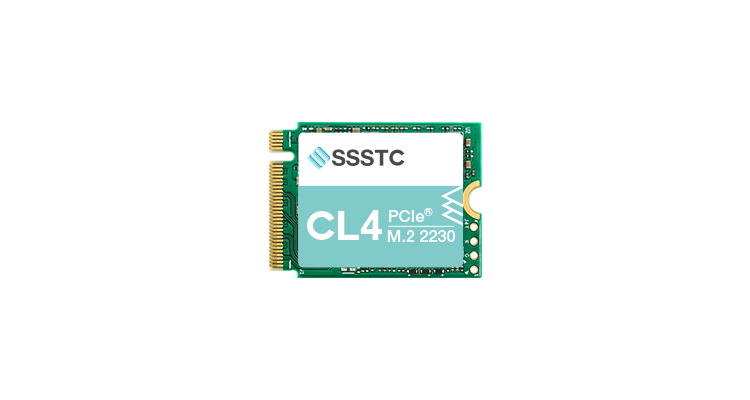
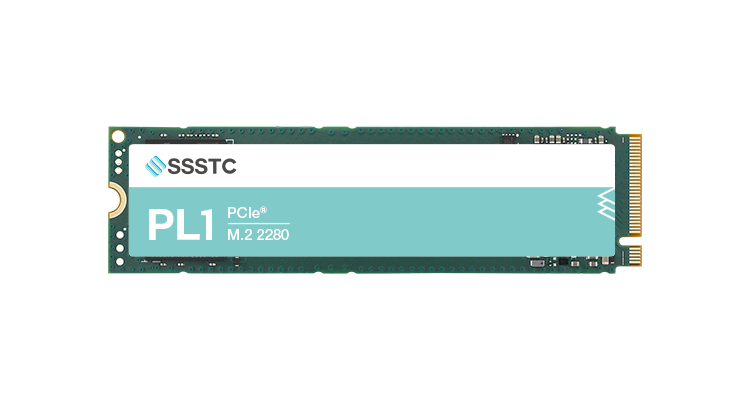
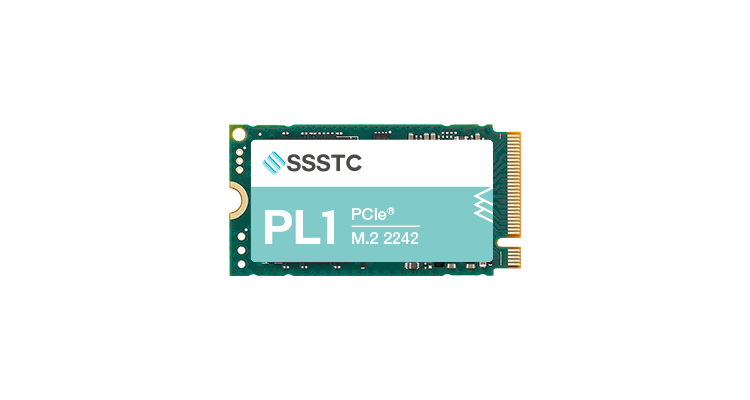
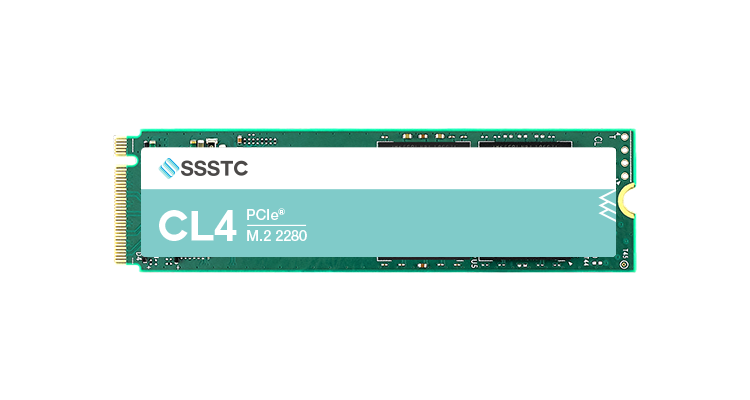
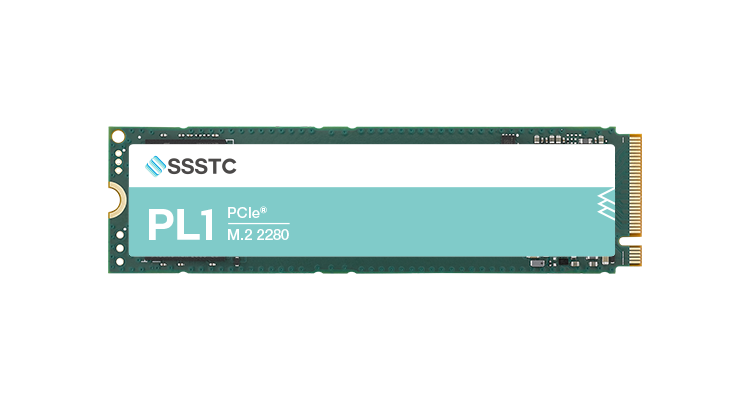
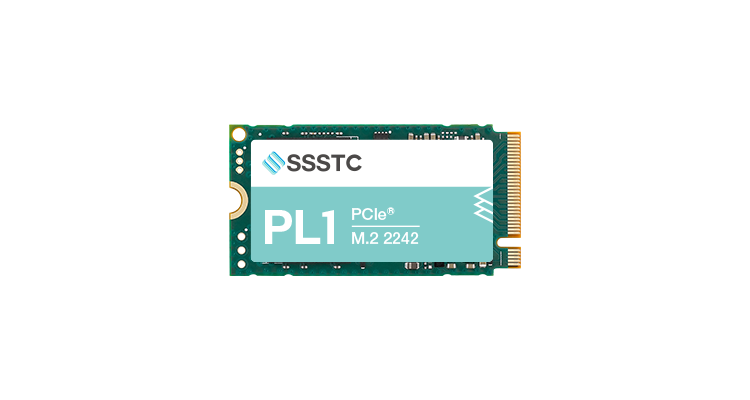
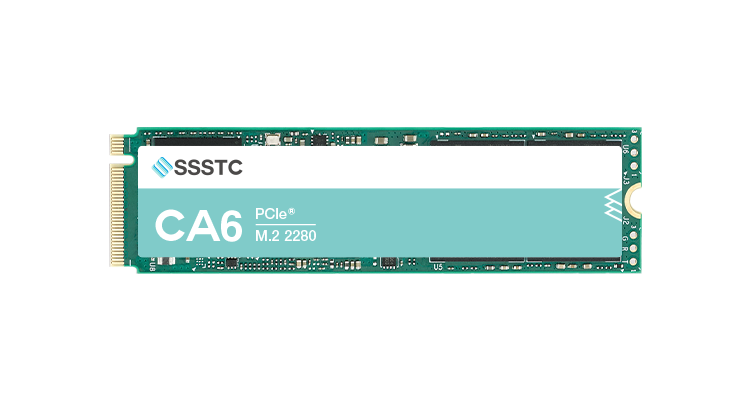
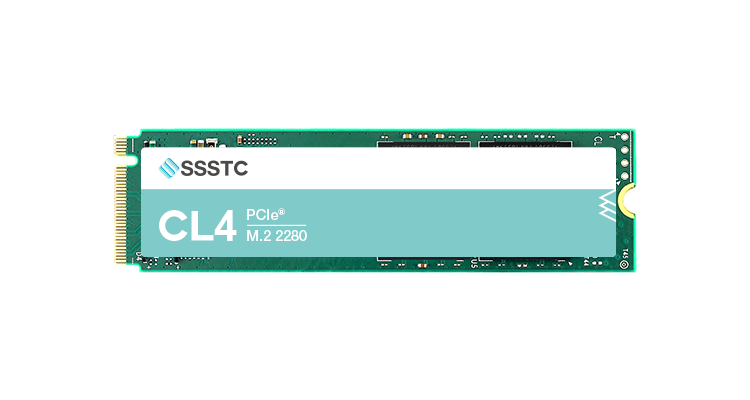
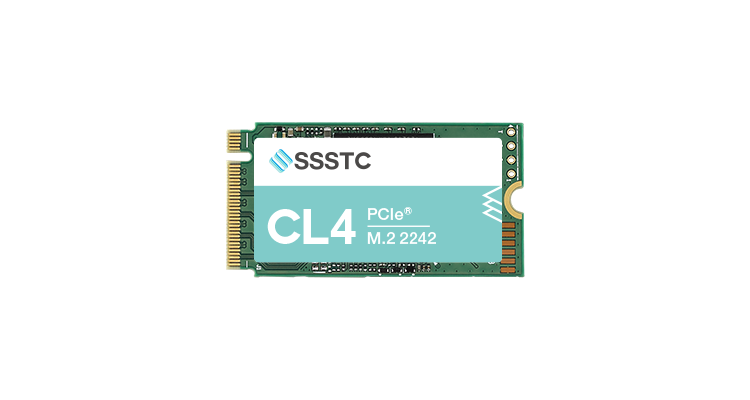
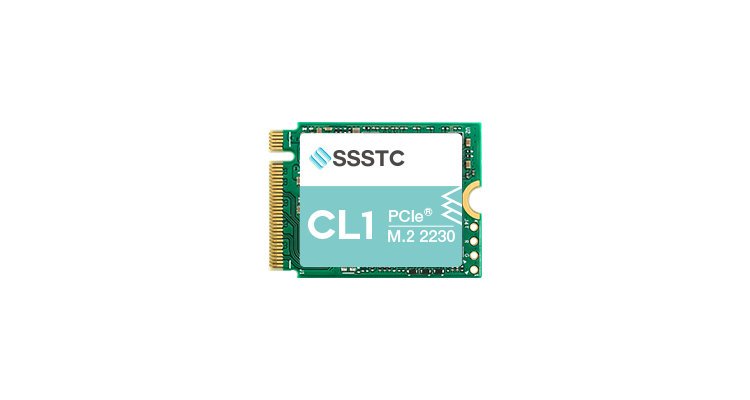
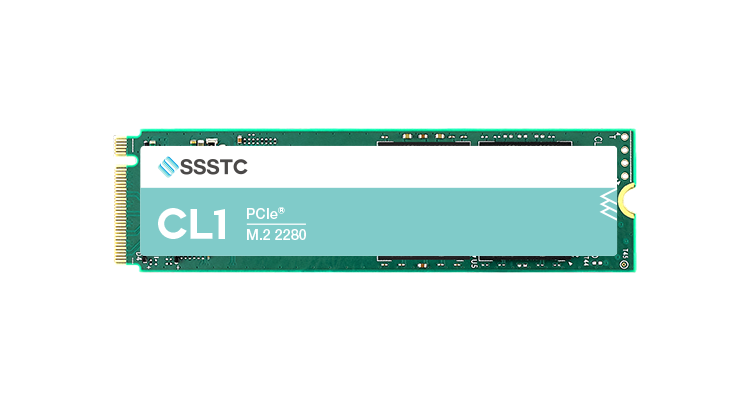
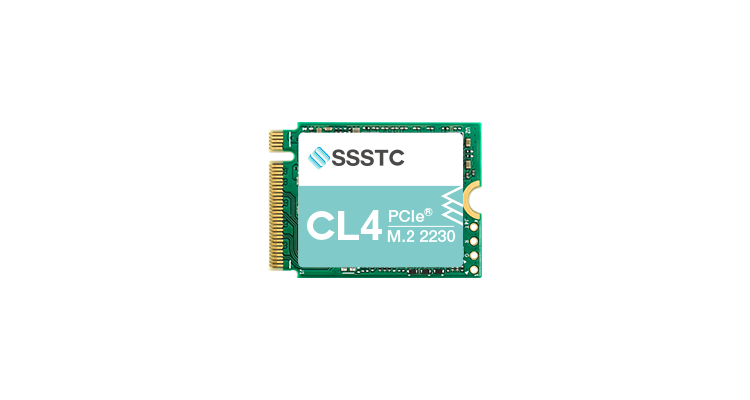
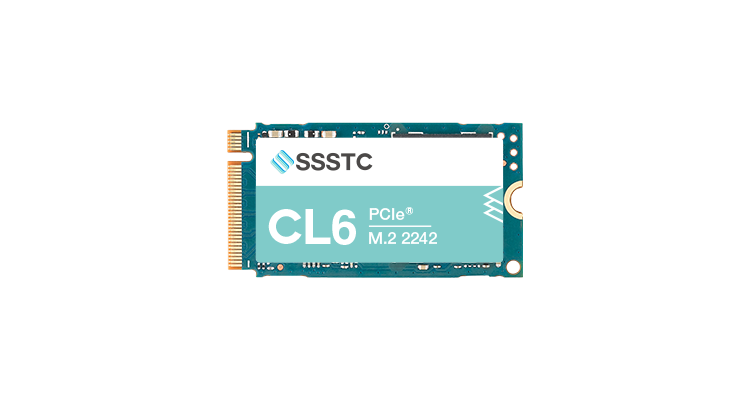
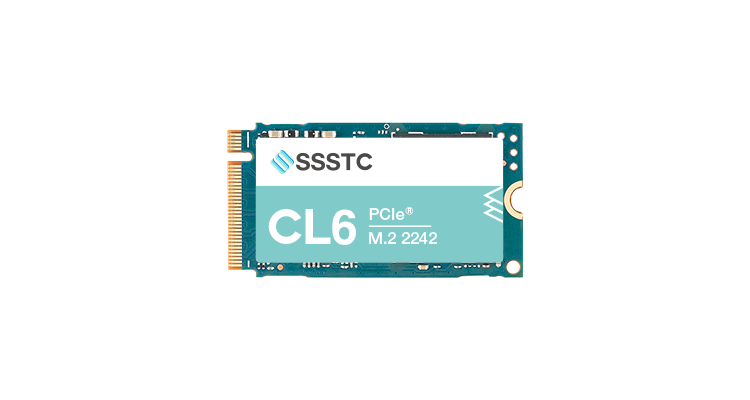
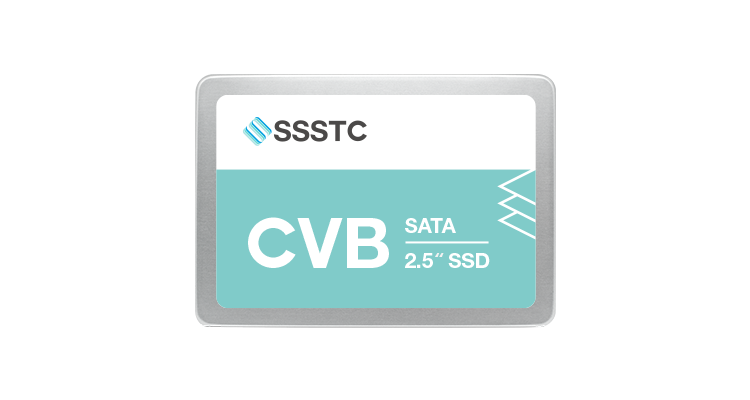
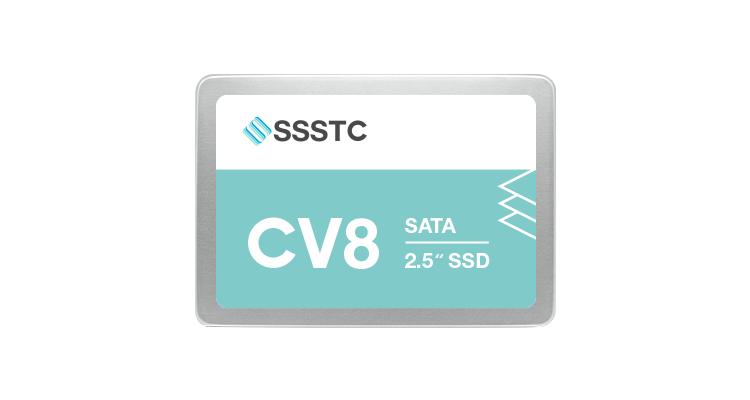
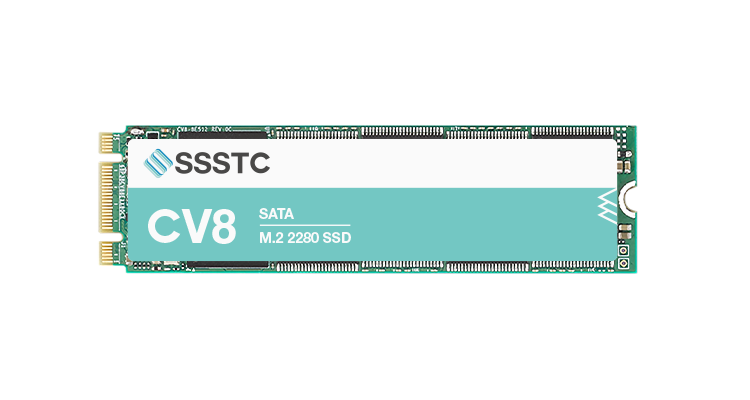
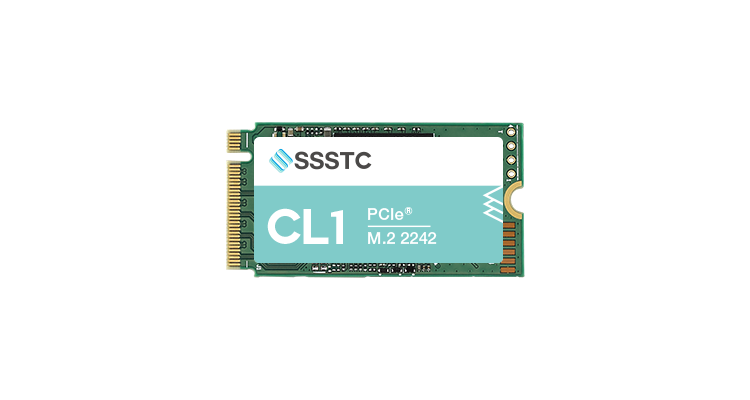
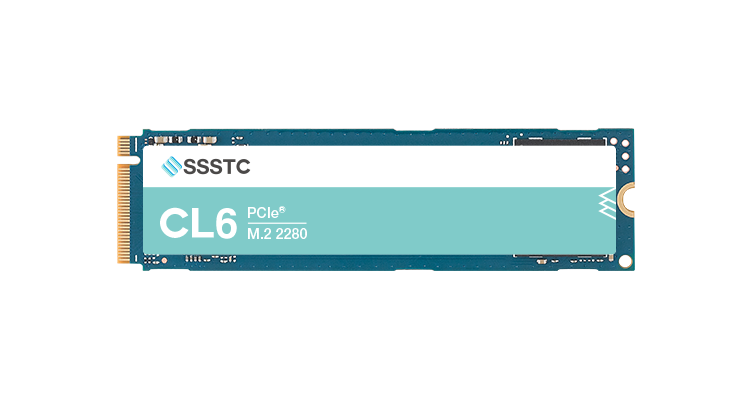
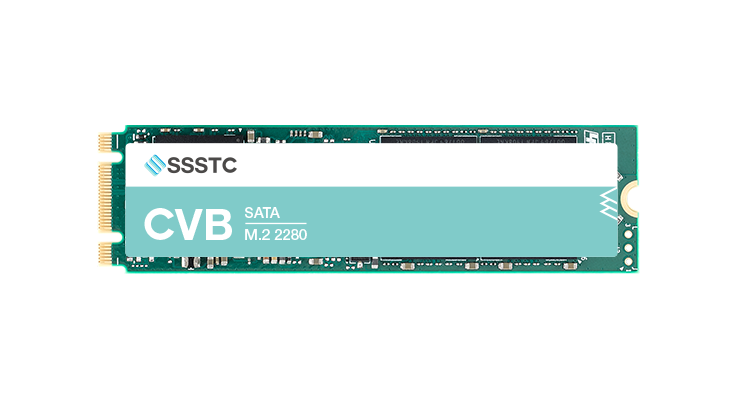
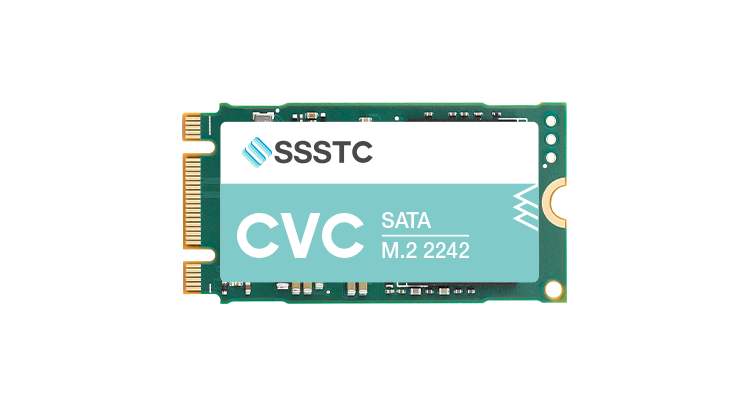
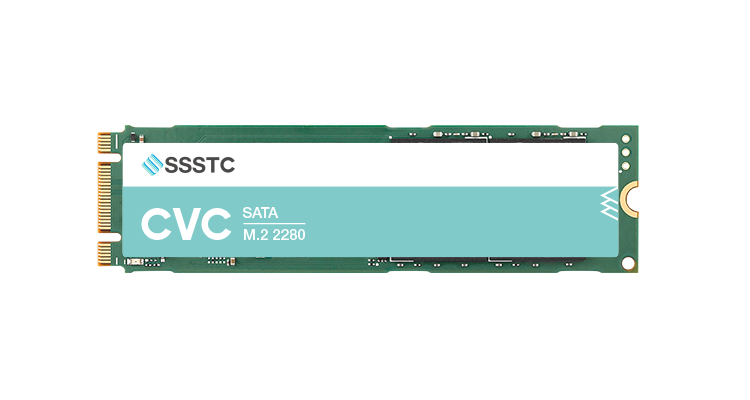
__24C15hqqtC.png)
__24C15wOdCC.png)









__24C05XQ2my.jpg)






__24C05fplcZ.png)
__24C05vgHYC.png)


